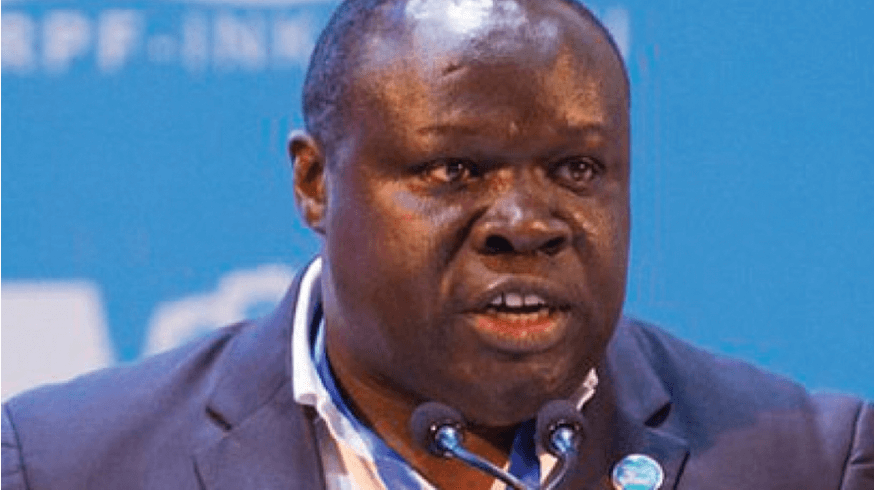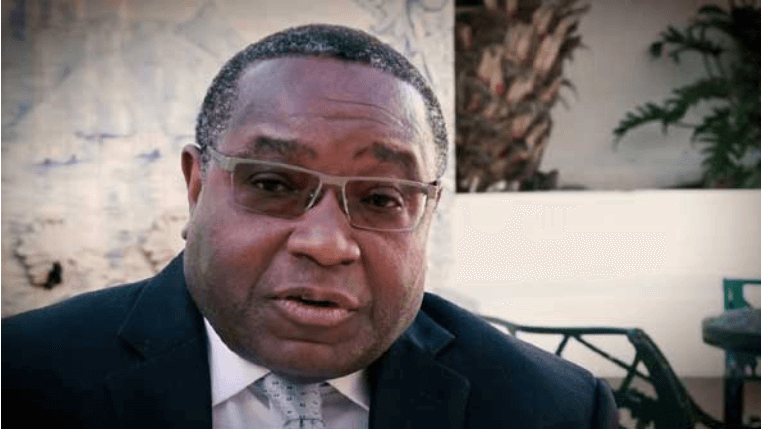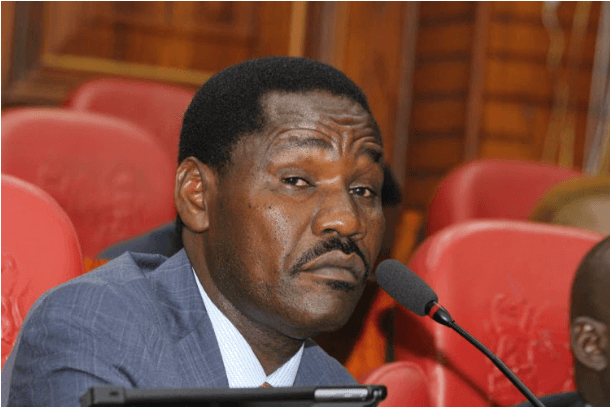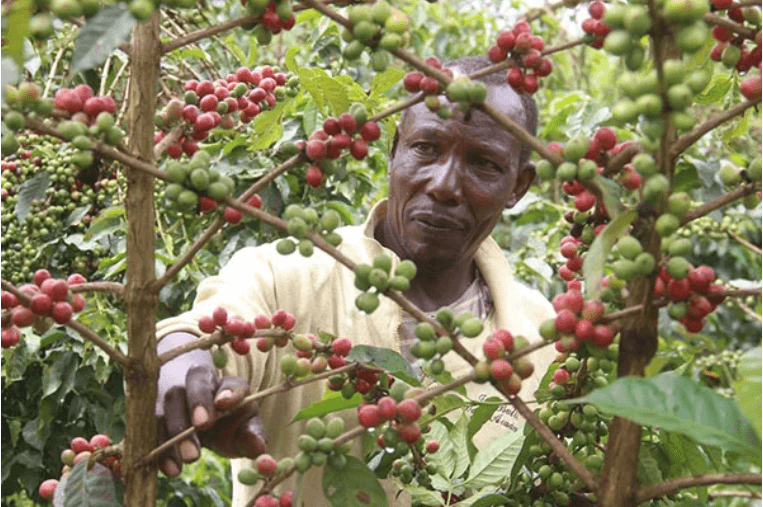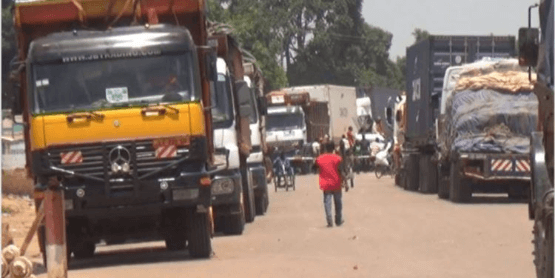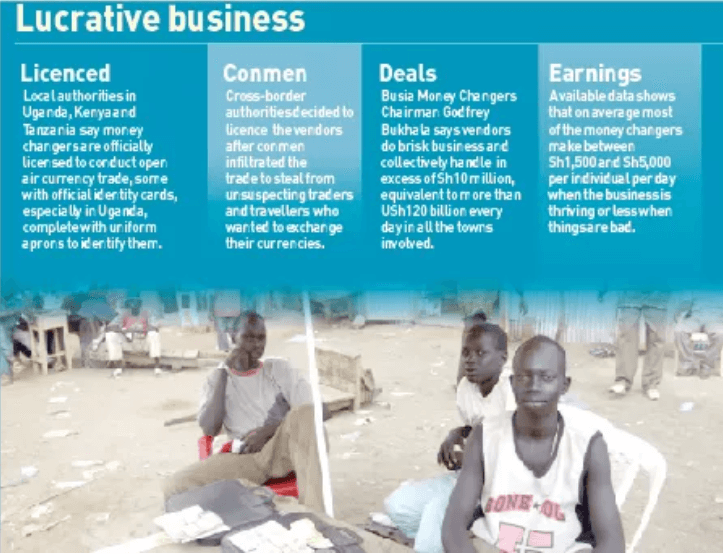Intra-regional trade within the East African Community (EAC) bloc rose by 10.3 per cent last year, courtesy of harmonisation of cross-border rules and procedures. “Reforms taken under the Customs Union has also boosted intra-regional trade,” Christophe Bazivamo, EAC deputy secretary general responsible for productive and social sectors, said in Arusha November 11. He said intra-EAC trade catapulted to $3.2 billion last year from $2.7 billion in 2016 and $2.9 billion in 2017. Bazivamo disclosed this at the just concluded second meeting of the EAC Development Partners’ Group (DPG). The meeting held at the EAC headquarters deliberated on key aspects of the economic integration and infrastructure development. Officials at the EAC secretariat officials say there was “no one rule or procedure” introduced but insisted generally most of the trade procedures within the region have been simplified. They cite the operationalisation of the EAC Single Customs Territory (SCT), the Authorised Economic Operator (AEO) and One Stop Border Post (OSBP) and their respective rules and regulations as having a multiplier effect on the ease of doing business in the region. Alongside with these is enhanced customs operations inter-connectivity in the region which has seen the introduction of Electronic Cargo Tracking System to monitor the movement of traded goods across the region. Bazivamo told representatives of development partners that despite a host of challenges like scarcity of resources, the EAC integration process was on course. “A number of achievements have been made in the four pillars of integration which include the Customs Union and...
Harmonisation pushes up intra-East African Community trade over 10%
Posted on: November 15, 2019
Posted on: November 15, 2019

